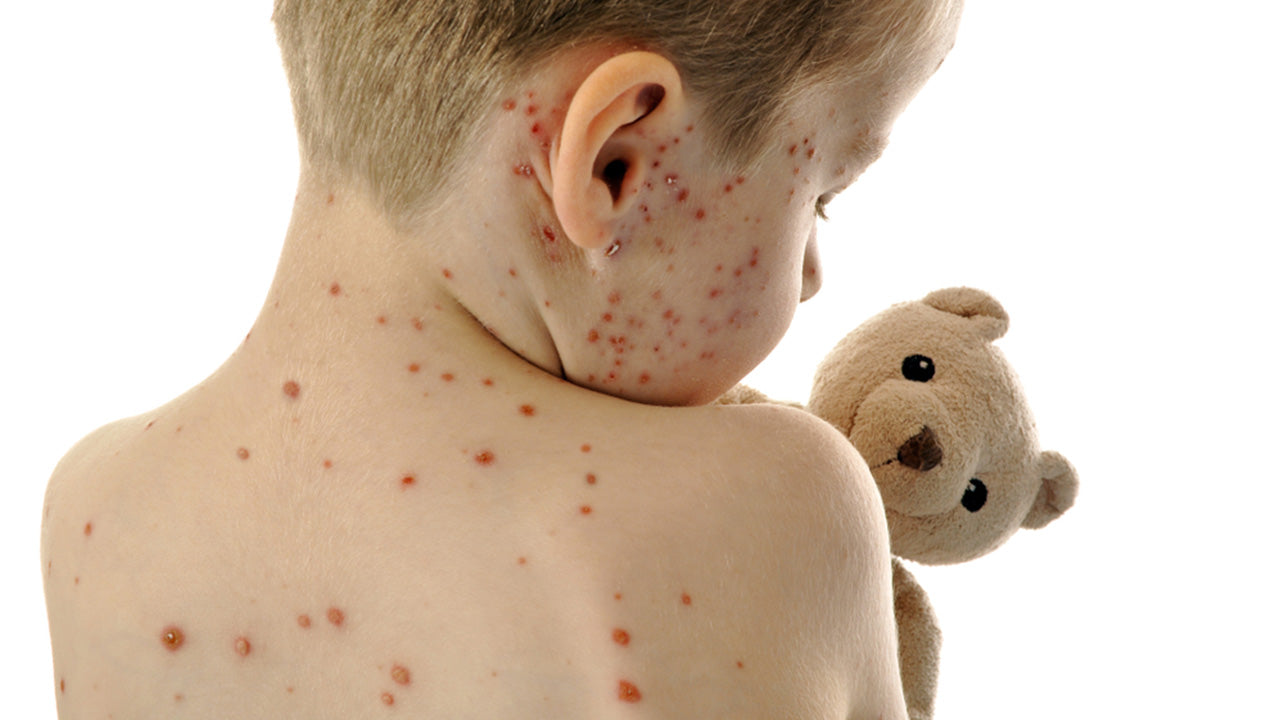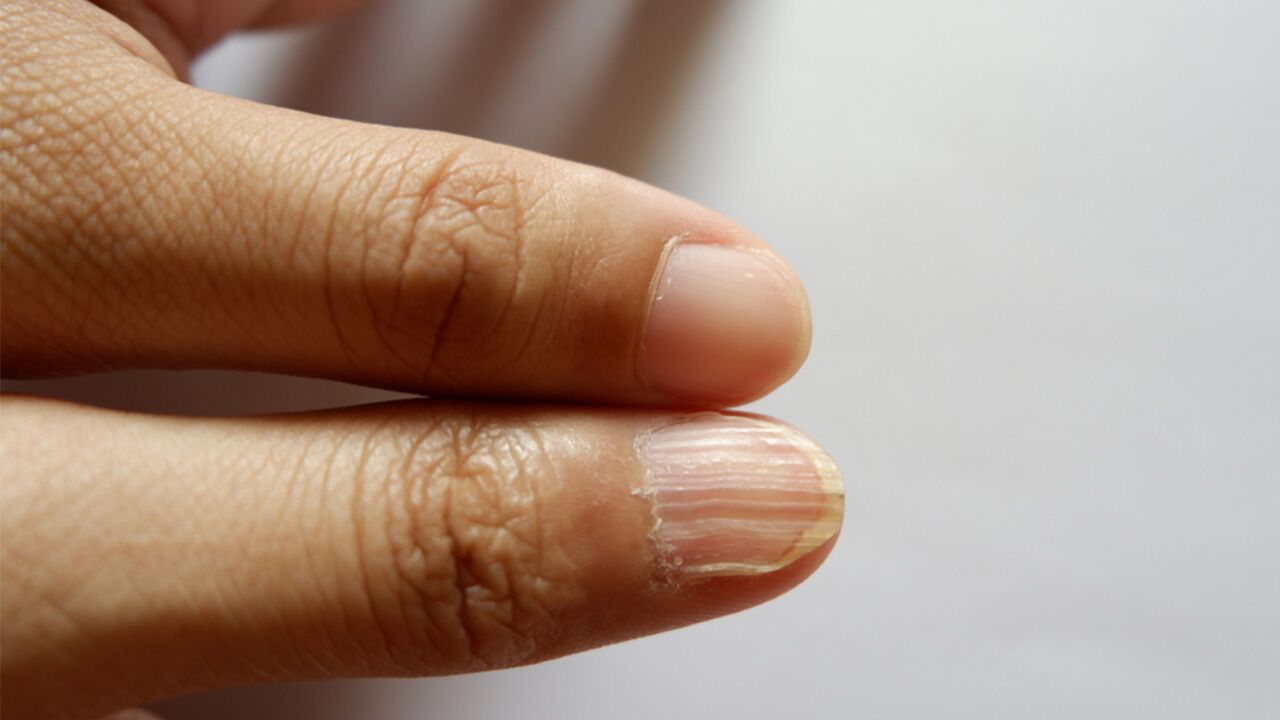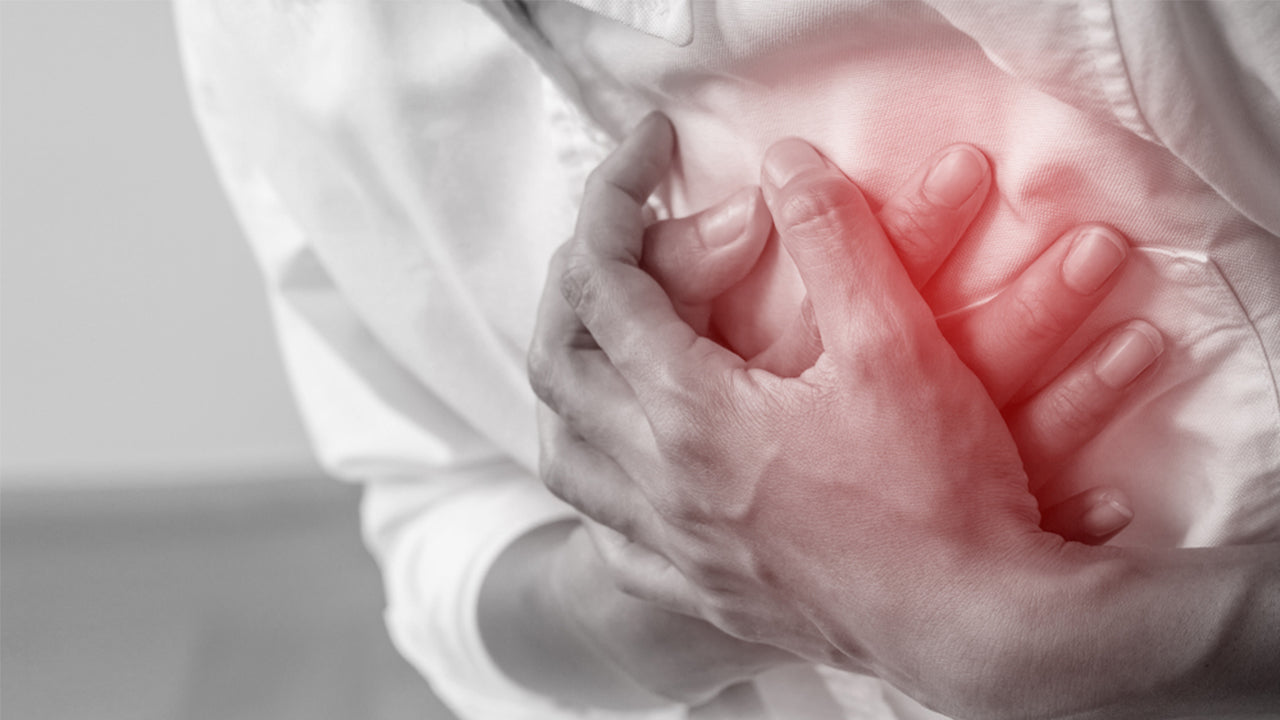Chickenpox Remedies for Fast Relief
 By: by Amino Science
By: by Amino Science

Anyone who has ever suffered through a bout of the chickenpox knows the agony of seemingly never-ending itching. Chickenpox is an extremely contagious condition caused by the varicella-zoster virus (VZV) that results in painful, itchy blisters. Before a varicella vaccine was available, chickenpox would spread like wildfire among schools, classmates, siblings, and friends. The chickenpox vaccine has been available in the United States for over 2 decades, meaning fewer and fewer people are finding themselves fighting the battle of the itchy chickenpox rash. While less prevalent these days, infections with the chickenpox virus do still occur, so it is always a good idea to be prepared with information and chickenpox remedies on hand.
Signs and Symptoms of Chickenpox
The most tell-tale sign of the chickenpox is the red, blister-like rash that breaks out on an infected person’s body. The blisters become fluid-filled, turn into scabs, and are incredibly itchy. If scratched, the blisters can break open and lead to scarring. The chickenpox rash can appear as red spots anywhere on the body and then spread to other body parts including the...
- Face
- Chest
- Back
- Inside of the mouth
- Eyelids
- Arms
- Legs
- Genitals
In addition to the itchy rash, chickenpox comes with other symptoms commonly seen in viral infections including:
- Fever
- Fatigue
- Headache
- Loss of appetite
Chickenpox symptoms usually last around 5 to 7 days but can linger longer depending upon the severity of the case. According to the CDC, it is possible for those who have had the chickenpox vaccine to still contract the virus. If this happens, the symptoms of chickenpox are usually much milder than they are when an unvaccinated person contracts the illness.
Chickenpox Remedies
The chickenpox has been studied as an individual malady since it was distinguished from smallpox in the late 1800s. With hundreds of years of studying and observing this virus, many chickenpox home remedies have been put forth to help people find relief from chickenpox symptoms. We’ve put together a round-up of the most tried and tested chickenpox remedies out there.

Fever Relief
Itchy skin is bad enough, but having a high fever and feeling achy on top of the itch is just awful. According to the Centers for Disease Control and Prevention (CDC), the best way to combat fever from chickenpox is with over-the-counter medications.
- Over-the-counter medications: Medications like acetaminophen (Tylenol) can help relieve fever caused by the chickenpox. The medications should always be non-aspirin, as aspirin or aspirin-containing products should never be used on children or adults with chickenpox. Per the CDC, using aspirin or aspirin-containing products on children with chickenpox may result in Reye’s syndrome, a potentially life-threatening health condition affecting the liver and brain.
- Cold compresses: Applying a cold compress can help reduce fever and provide a welcome cool down. Cold packs and ice should not be placed directly on the skin but should be wrapped in a soft towel and then placed gently on the body, being careful not to rub against the blisters.
Itch Relief
Perhaps the most difficult part of chickenpox is the itchy skin. For children, the itching can be especially stressful since they may be too young to understand why they shouldn’t scratch the red spots. Here are some chickenpox home remedies to help your kiddos find itch relief.
- Calamine lotion: The same lotion that works to take the itch out of bug bites can help with chickenpox blisters as well. Apply the lotion gently and be cautious when applying to blisters on the face, being careful to avoid the eyes.
- A cool bath: Colloidal oatmeal has been shown to soothe itching associated with chickenpox. Unlike regular oats, colloidal oatmeal is made from finely milled whole oat kernels and then processed with skin protection in mind. Oatmeal can be applied to the skin via oatmeal lotion or by taking an oatmeal bath. Add some baking soda to the bath as extra protection against the itchy rash. After bathing, pat the skin dry with a soft towel—don’t rub!
- Cold compresses: In addition to lowering a high fever, applying a cold compress can sometimes relieve the itch and pain associated with a chickenpox rash. Again, be sure to wrap cold packs or ice in a soft towel before gently applying them to the body.
- Antihistamines: Certain over-the-counter medications, like Benadryl, are known to relieve itching. They can also cause drowsiness, which may aid the patient in getting some rest so his or her body can fight the virus and heal. It’s important to talk with your doctor or pediatrician before giving your child any new medications or additional medications.
- Clothing: Wear loose, comfortable clothing. It will allow the skin to breathe and it won’t rub against the skin, which can make the itching worse and risk rupturing the blisters.
Antiviral Medications
If you're at high risk for serious complications from chickenpox or you are pregnant, your doctor may treat the virus with an antiviral medication such as acyclovir (Zovirax) or immune globulin intravenous (Privigen). These antiviral drugs can help boost the immune system so you recover from chickenpox faster, thereby reducing your risk of complications. If you notice the tell-tale red spots on you or your child, visit a healthcare practitioner immediately, as these antiviral medications work best within the first 24 hours of seeing symptoms.
Scar Prevention
“Don’t scratch” is so much easier said than done when it comes to the relentless itching of chickenpox blisters. Older kids and adults can understand the consequences of scratching, like permanent scarring, but small children and infants often only know that they find relief through scratching.
- Mittens: If your little one is determined to scratch, try putting mittens on his or her hands. This way, even if a child goes to scratch, he or she will not be able to utilize their fingertips or fingernails, reducing the chances of breaking blisters and leaving scars.
The few days that it takes for chickenpox symptoms to ease up can feel like forever. The chickenpox remedies listed above can help ease symptoms such as high fever and itchy skin and help prevent scarring. Only those who have been vaccinated or have already had the chickenpox should take care of a chickenpox patient. It is a very contagious virus, and anyone nursing a patient is at high risk of contracting it.
In terms of prevention, the best way to defeat any viral infection is with a strong and sturdy immune system. Amino Co supplements help to strengthen immunity with the power of essential amino acids. For everyday immune support, try Life, our Active Aging blend.

Up to 25% off Amino
Shop NowTAGS: conditions natural cures
Join the Community
Comments (0)
Most Craveable Recipes




 833-264-6620
833-264-6620



















